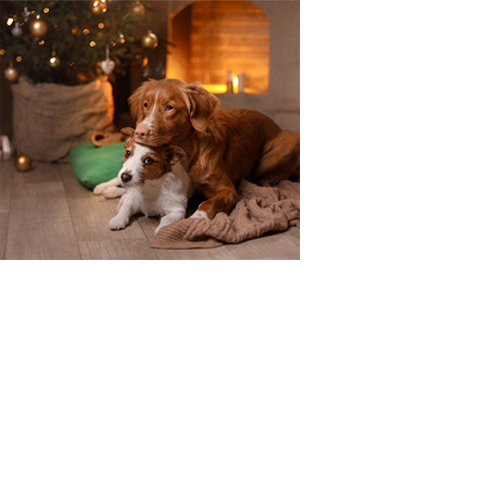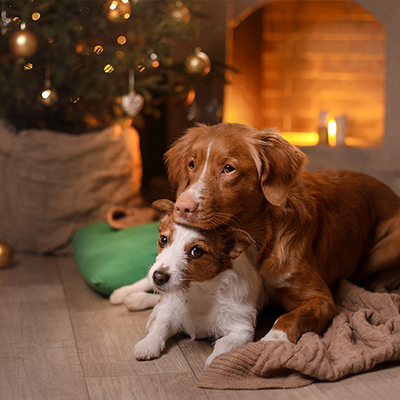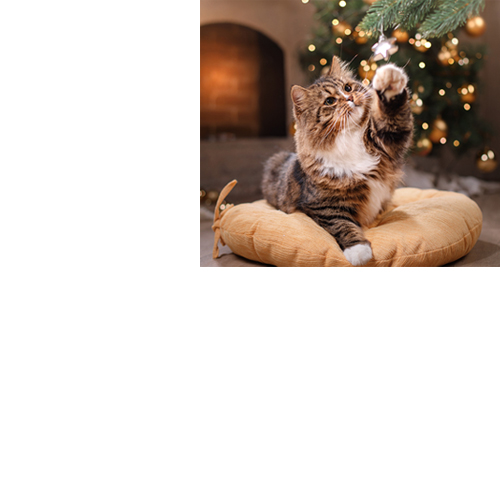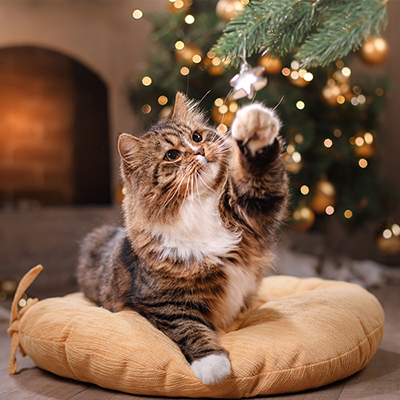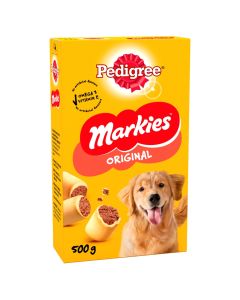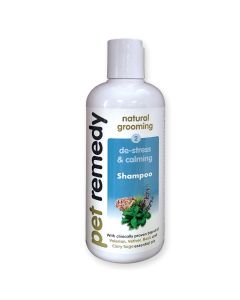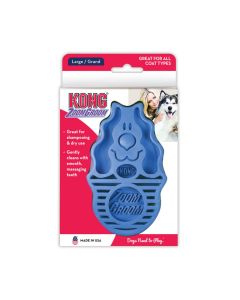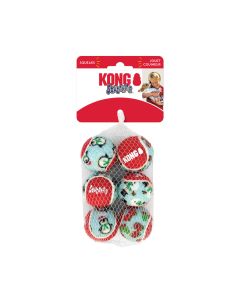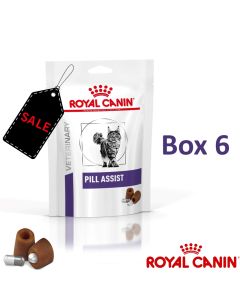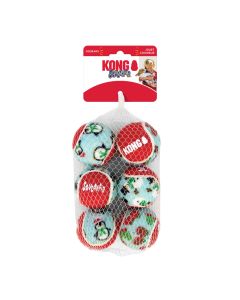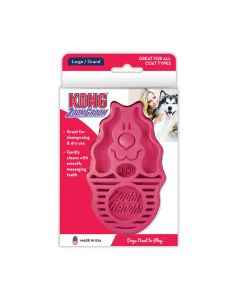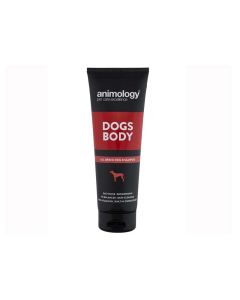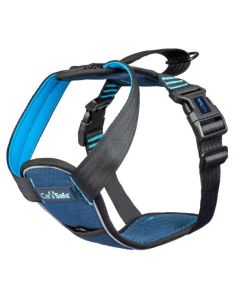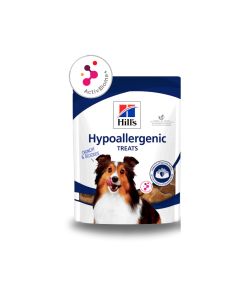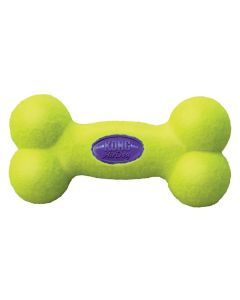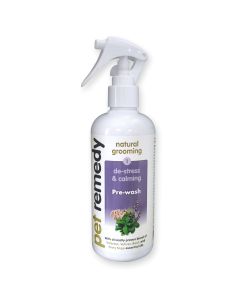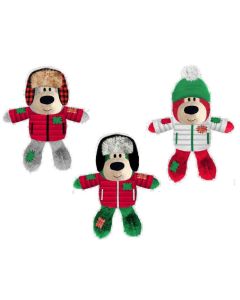Skip to Content
-
- home Home
- contact_mail
- account_tree

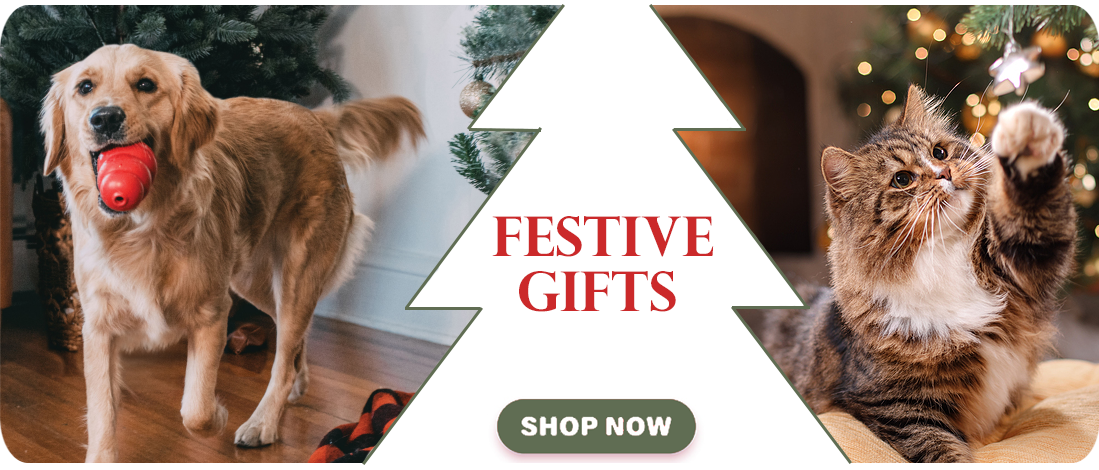
Keeping Your Pet Safe this Winter
As we are now in the middle of winter with the dark and cold nights, it is important not just to think of yourself but also our furry friends. Cold weather can affect our pets in ways that we don’t necessarily think about. Below are a few tips that can help our pets stay safe at this time of the year.
- Walking can be dangerous for you and your dog in the winter – particular with shorter daylight hours. It is important for you to wear reflective clothing. Consider a reflective collar or coat on your dog to ensure visibility to passing visibility to motorists.
- Plan your walk around the weather, going out earlier in the evening if possible before the temperatures start to drop or consider a coat for your dog to avoid hypothermia particularly if it is small, very thin or elderly.
- If necessary, wash your dogs’ paws after the walk to avoid any grit salt getting stuck between the pads which could cause irritation and discomfort leading to excessive licking of the paws which can then cause further problems.
- If you have a sick or elderly pet it is important for them to stay warm, ensure they are away from cold draughts and stay dry.
- In extremely cold weather, think about allowing access to warmer environments either inside the house or garage.
- If your pet has a health condition the cold weather may worsen some medical conditions such as arthritis. Your pet should be examined by a veterinarian at least once a year to ensure they are as healthy as possible.
- Provide outdoor animals such as rabbits, hamsters & birds with extra bedding to allow them to conserve heat by nesting behaviour.
- Regularly check water to ensure it hasn’t frozen.
- Cover enclosures with blankets to help insulate their environment from extreme temperatures. If necessary, move enclosures indoors to shield from rain and freezing temperatures.
- It is important to monitor a pets weight throughout the winter. Outdoor pets may require more calories to generate more body heat. However indoor pets should be treated as normal to maintain a healthy weight and may even need a reduced diet if they aren’t doing as much exercise in winter.
- As we are now approaching the festive period, take care with your cats and dogs around the Christmas tree to ensure they don’t eat decorations or chew through electrical cables.


Festive Gifts & Treats
